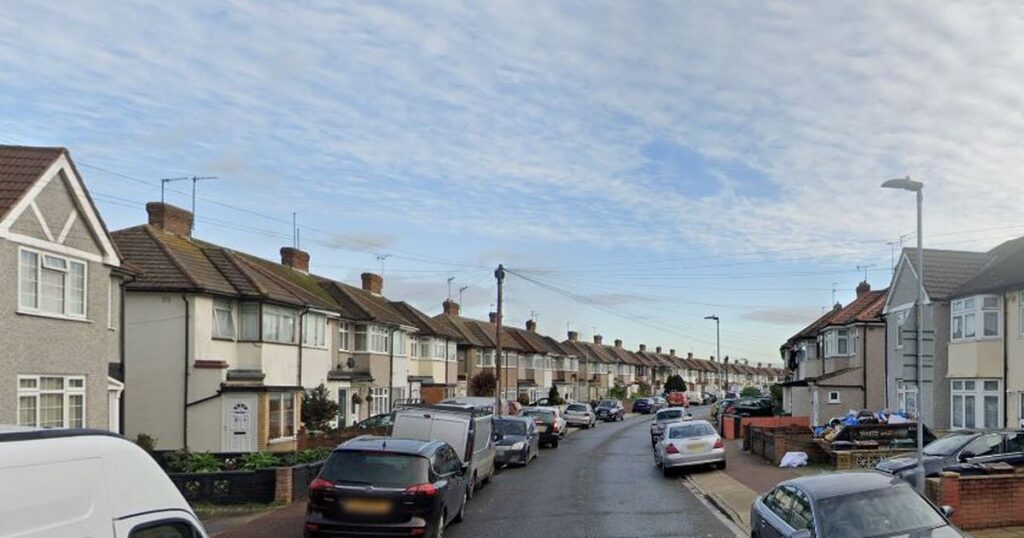
A 2020 report by the Barking and Dagenham Council revealed that they issued fines amounting to over £250,000 to rogue landlords in the borough. Met police also carried out investigations that uncovered offences on operating without landlord licenses, running a brothel along Reede Road, and disregarding enforcement notices.
UK law requires all landlords to operate with a license, and the council has had 15,000 applications since 2019. The borough’s councillor for enforcement and community safety acknowledges that the majority of landlords provide safe housing for their tenants and are well aware of their legal and moral obligations. Nonetheless, there are a few unscrupulous individuals who continue to ignore their tenants’ disrepair in home issues.
Enforcement notices are issued to landlords with properties that do not meet the council’s standards. The notice provides them a grace period to act on their offences or make them right. However, if they do not heed the council’s warning, they will be fined £30,000 for the Civil Penalty Notice (CPN) on top of the £520 for non-response to the reinforcement notice.
The fines are rather hefty at £271,310 for the 117 CPNs issued in 2020, and the 89 enforcement notices that were given out in the same year nearly breach the £50,000 mark. Such heavy penalties show the council is committed to taking action against landlords who take advantage by putting “profit ahead of people” while at the same time inadvertently compromising the health and safety of their tenants.
What makes a proprietor a rogue landlord
You can tell a rogue landlord from a good one if they have blatant disregard for your comfort in your rented home, in addition to being unconcerned about disrepair issues that may threaten your health and safety. If you have disrepair in your home and they don’t do anything about it, even if you’ve reported the issue to them, they’ll fall under the label of rogue landlord. Moreover, during negotiations, they will often not be able to present you with the gas safety certificate or their landlord license as there is a distinct possibility they could be operating illegally.
Your local council should be able to offer you some information on how to identify rogue landlords. When viewing a home, you have the opportunity to ask questions before closing your negotiations with them. Some of the inquiries may catch them off guard and it’s important you catch these telltale signs.
Know who your landlord is
Rogue landlords do not want you to know where they live or what they do, so they are unlikely to give you their contact information, aside from their mobile number and email address. However, if they live in the same neighbourhood or building that you intend to live in, you should conduct a small background check about the area or inquire about them. You need to be ensured you will be 100% safe should you decide to live in the area.
License and registration
Ask for your landlord’s license and the Energy Performance Certificate (EPC) for the property. This is a good way to spot if the landlord you are talking to is operating legally. If the landlord is a law-abiding one, they will have all documents in check and would be running a rental home that has an energy performance mark that passes regulations.
Smoke alarm and gas safety
Each level of the property should have working smoke alarms, which is one of the most important safety steps to prevent fire emergencies. The alarms must be well-maintained and checked once a month at the very least. Unfortunately, some landlords habitually put off making maintenance checks, putting their tenants’ safety in danger.
As all properties should have gas ducts and radiators, it is equally vital for the landlord to have a gas safety certificate to assure you that you will not be experiencing any problems while you are renting with them.
Property refurbishment history
When was the last time that the home or building you are renting had some touch-ups and repairs? Who shoulders the expenses for those works?
If it has been years since the last time the exterior walls have been repainted or the broken windows and doors have been fixed, you might want to reconsider your landlord’s attitude. This could mean that they procrastinate or are negligent of their duties and responsibilities as property managers.
Structural issues such as leaks in the roof, cracks on walls, broken windows and doors fall under the landlord’s list of accountabilities. Should they imply that the cost of such repairs is going to be charged to you, you might want to think twice about renting their property.
Other information that you will need to confirm with the landlord should be stipulated in the tenancy agreement. You can request to see a copy of an existing one in order to have an idea of what you will be getting yourself into. You are required to see a copy of your tenancy agreement before you enter into any rental agreement, so if they refuse, you know the landlord is one to avoid.
The questions that a soon-to-be renter asks during a viewing can also serve as your guide if you suspect that your current landlord might be rogue. You can file a claim against them through the housing disrepair experts at disrepairclaim.co.uk.
